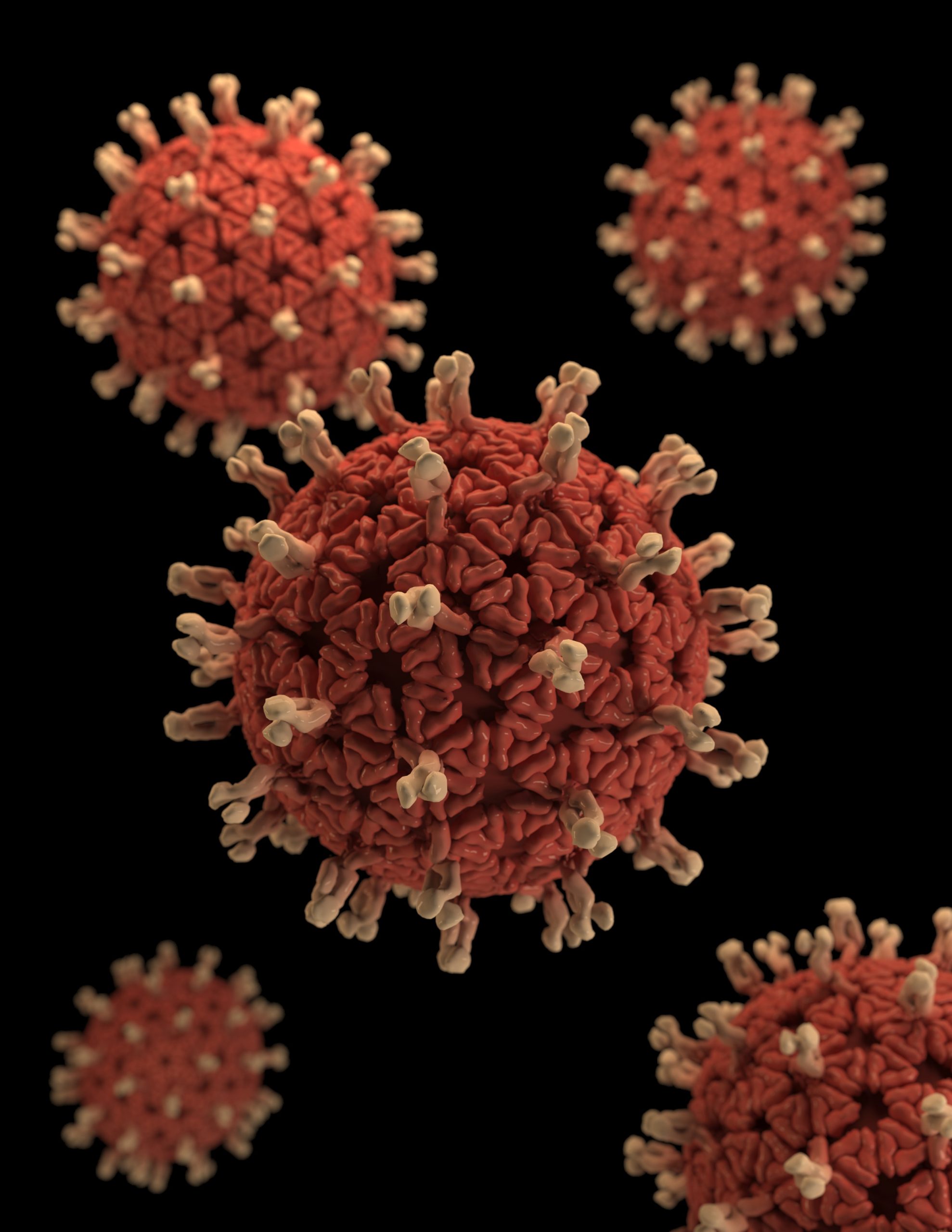16th March 2020
Dear Brothers and Sisters,
My name is Dr. Dennis Nturibi, Managing Director at AskADoc.
I thought it would be wise to put together this message, especially for our clients, but also our country at large. It is my intention to put the current situation on Covid-19 into context from a medical perspective, and help our people understand why we need to be proactive in our actions.
We are in full support of the government measures put in place yesterday evening, and are grateful for this decisive action.
First, it is important to understand who is currently at risk of having this infection. According to the case definition guidelines issued by the Ministry of Health, a suspected individual is one who has an acute respiratory illness, with any one of the following symptoms: either fever, cough or difficulty breathing, AND at least one of the following criteria:
1. Has traveled from a country with presumed widespread Covid-19 infection in the last 14 days before symptoms
2. Has come into close contact with a confirmed or probable case of Covid-19 in last 14 days before symptoms
3. Has come into close contact with another person who has been unwell with the same symptoms and traveled to a country with presumed widespread Covid-19 infection within the last 30 days
4. Has visited or worked in a health care facility where there were reported Covid-19 cases in the last 14 days
Given this definition, it is clear that at the moment, if your friend or colleague has a fever and cough, but does not meet any of the additional 4 criteria, it is unlikely that they have this infection. In doing rigorous contract tracing, public health officials are aiming to ensure that there is no spread of Covid-19 within the community, among people who have not traveled. This is called Community Spread, and at the moment remains the most concerning issue for our country.
Community spread means that people have been infected by the virus in an area, and some have no idea how they got infected. At the moment in Kenya, we do not have this. All cases are currently traceable to the index patient. The risk of community spread is highest when we have large gatherings, such as political rallies, professional conferences, sporting events and religious gatherings among others. It is also important to realize that schools (and other situations like barracks) where people or children are all living together as a large group, form a significant potential focus of spread. In addition, asking children to maintain optimum personal hygiene practices when they are together is also not very realistic.
In such a space, an infected person, who most likely does not even know they are infected or does not yet have symptoms, then spreads the virus to others. When this is repeated a few times, then communities run the risk of widespread extension of the virus without the possibility of contact tracing, as had been seen in countries like Italy and Korea.
Many of us have also misunderstood the concept of social distancing, self isolation or self quarantine. Self quarantine is when one makes a conscious personal decision to avoid being out and about, for example, by staying at home. The recommended duration for this is 14 days. Social distancing is for example when we limit gatherings in large groups. Primarily, self isolation is to protect the community, not so much oneself. It is not realistic to expect that the government agencies will catch everyone who has traveled or come into contact with a potential corona virus patient. Therefore, once we personally understand the risks and concerns, then we take measures to ensure that if we are sick, we do no spread the sickness to others. Even though we may not be severely sick, the wide spreading of this infection will have many other consequences on us, both directly and indirectly.
It is not ideal to be terrified of this virus from a personal health perspective. While this concern cannot be invalidated, in my professional opinion, the larger concern is what would happen if we have many cases of the Corona Virus infection within the community. The stress this situation would put on our current health care infrastructure would be a major challenge. We also run the risk of diverting already limited resources away from our more common and widespread diseases such as malaria, diarrhoea and HIV, as well as trauma cases. When a country gets to the point that countries like Italy have, the economy also suffers considerably. For a country like Kenya, where a majority of our people have to work on a daily basis to eat for that day, we should want to take all measures to avoid getting to that point. When our brothers and sisters who earn a daily wage cannot work, then we will quickly find ourselves at a dangerous tipping point.
Therefore, in summary, let us please stop sensationalising this infection, and instead focus on keeping the cases within our borders as low as possible. Fewer cases mean that the healthcare establishment can manage confidently. It also means that over 90% of the workforce can continue working, without the need for extended large scale community quarantine measures. Based on past experience with pandemics, and the journey already taken by other countries, we expect that this infection will remain a global health issue for quite while. Instead of downplaying this infection, it will be in our best interest to be calm, focused and strategic in dealing with this over that time frame.
I urge anyone who can accurately translate this message into Kiswahili and our mother tongues to do so, so that all can benefit and we can all pull together in one direction in managing this crisis. Be blessed.


